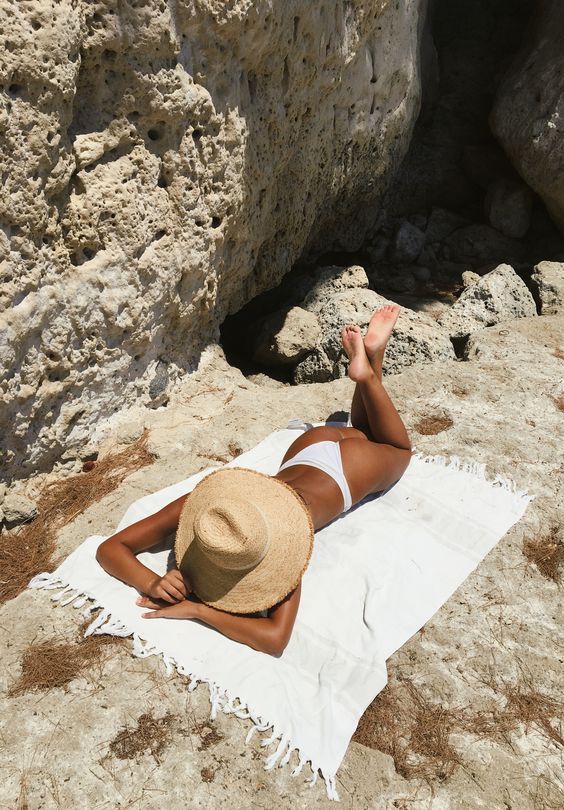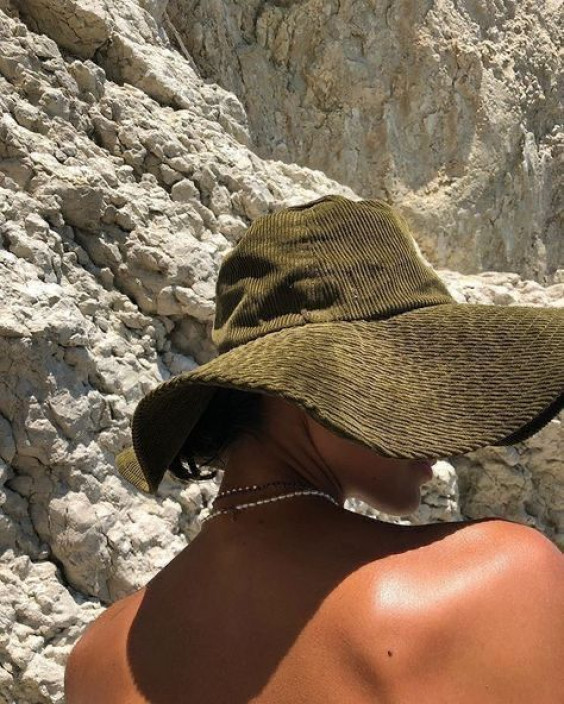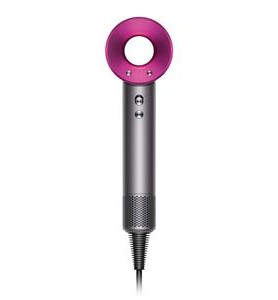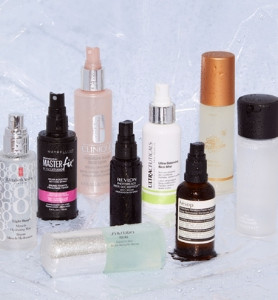Prioritise your skin health this summer and get checked with Skin Institute
PSA: Harsh rays are on the way. We are so lucky to live in Aotearoa; this scenic set of islands that boast the ultimate playground to run amok during the summer months. However, our playground comes with a BUT… might we remind you, our atmospheric ozone layer is thinner during the hotter months - due to the sun's position being directly overhead - thus, increasing UV transmission. So in layman's terms, there’s a risk we're gonna burn.

Kiwis have a relaxed nature and sometimes that means not being as sun-savvy as we should be. Even those sun dwellers who slip, slop and slap are still exposed to harmful rays and that can bring about increased risk. Luckily for us, Skin Institute has our backs, literally. These skin cancer experts can not only detect and diagnose skin cancer but also treat it with world-class techniques and procedures that are second to none.

So how can we stay safe and make sure we are taking care of our skin before any unwanted skin cancers present themselves? Early detection is essential so getting regular skin checks could be the difference in saving your life. Especially for those who have freckles and moles, are prone to burning, have fair skin and fair hair, have a family history of skin cancers and those of us who spend lots of time outdoors, like outdoor jobs.

There are three main types of skin cancer: BCC or Basal cell carcinoma - This is the most common type of skin cancer. It is usually pink and may bleed or itch. The growth is confined locally and can be potentially more dangerous on the face.
SCC or Squamous cell carcinoma - This is a more serious variation and can spread to your lymph glands. They often arise from sun spots and usually feel scaly and can feel more tender.
Melanoma - This is the most serious type of skin cancer and can spread via the bloodstream to anywhere in the body, including areas that have never seen the sun. Melanoma can be flat or raised, be fast or slow growing and are rarely pink in colour - so can potentially be harder to detect.

A good acronym to follow for checking is SCAN. S for sore means if you’ve got a spot that is scaly, itchy, bleeding or tender and hasn’t healed within 6 weeks. C for changing size, shape, texture or colour. A for abnormal, if it looks different, feels different or stands out from your other moles or spots. N for new, if your spot has appeared recently, any new spots should be checked.
It’s super easy to book in with your local Skin Institute and only takes about 20 minutes out of your day. Keep in check of your body and prioritise your skin's health today, not tomorrow.





